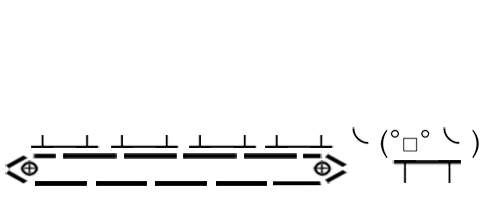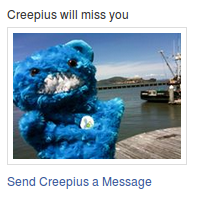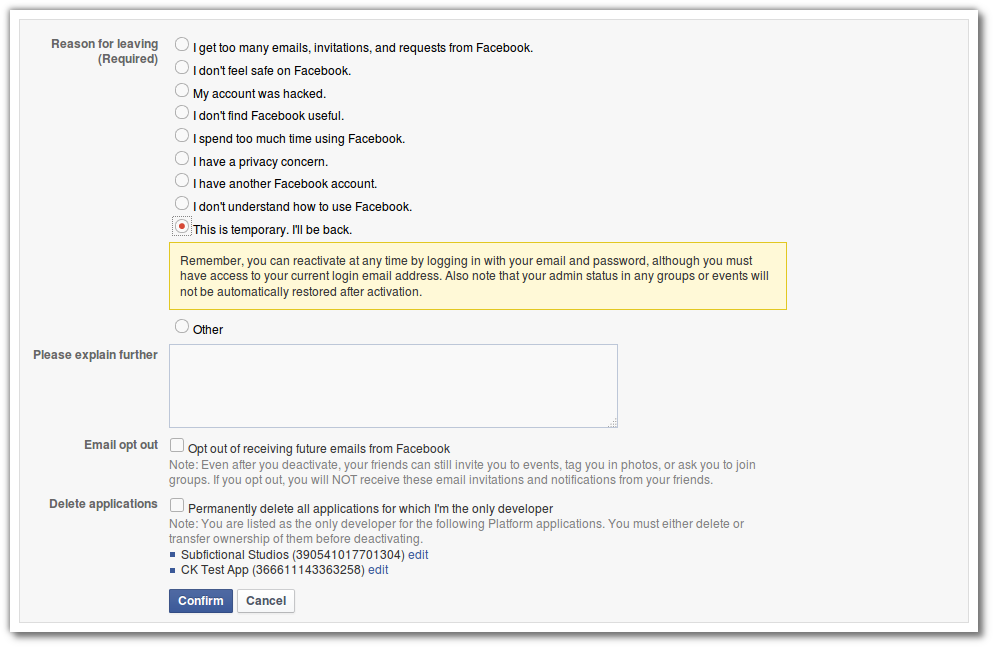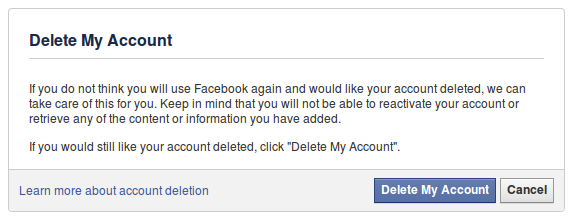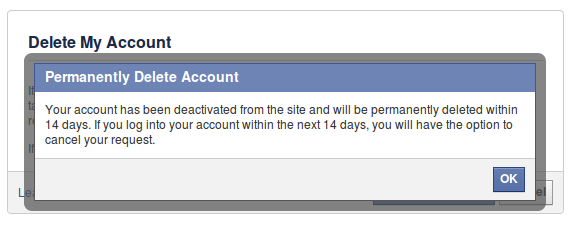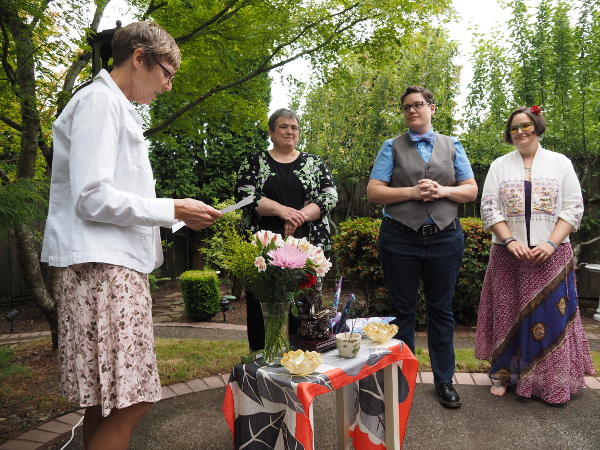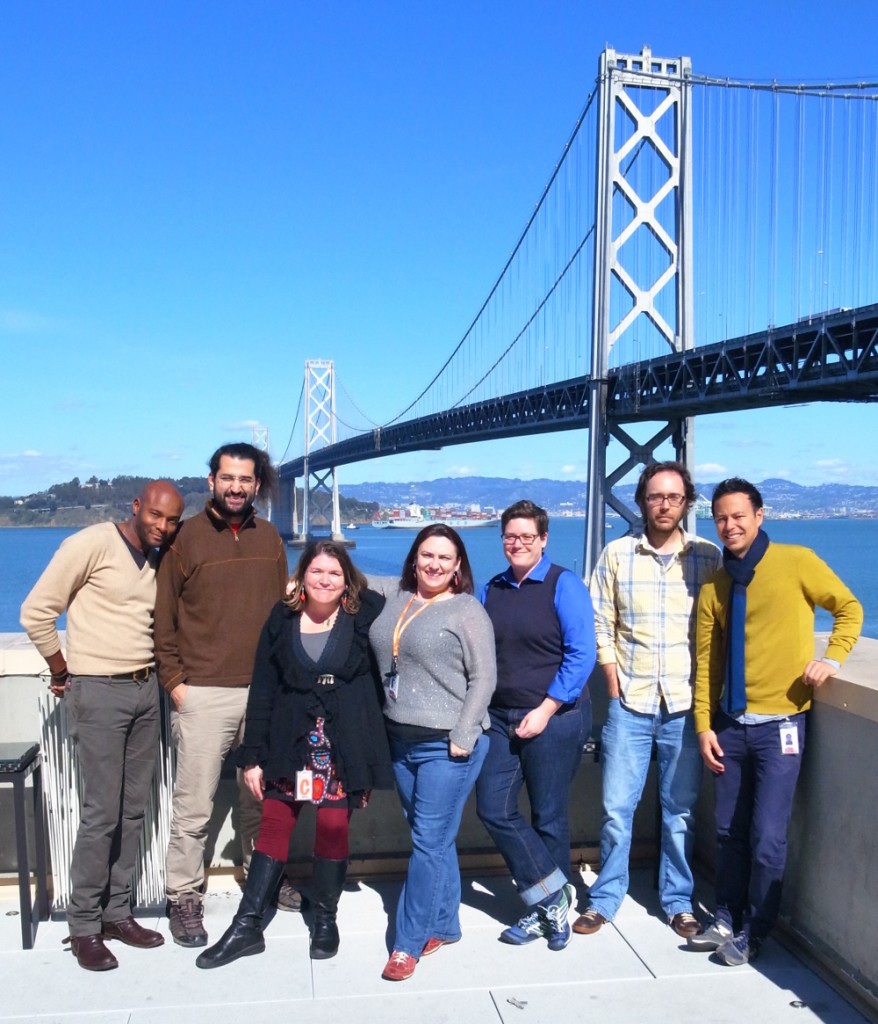(Post adapted from this twitter thread.)
This week, GitHub released results from a survey it did regarding the “attitudes, experiences, and backgrounds of those who use, build, and maintain open source software.” Of 5,500 responses from 3,800 open source repositories, only 3% of responses were from women.
Also this week, GitHub announced an all-male speaker roster for its upcoming ElectronConf and then promptly postponed due to negative feedback about the line up. The original roster is no longer available, replaced for the time-being with the following message:
“We published a list of speakers that does not reflect the standards to which we hold ourselves. We will be postponing this event until we can deliver a more diverse slate of speakers.”
It also appears the twitter account for the conference (@electronconf) has been switched to private.
How could this happen? How could an organization that appears to be working so hard to improve with regard to diversity and inclusion let such an embarrassing and totally preventable thing happen? Easily. Leadership isn’t truly committed to enacting change.
How can I say this without having any insider knowledge? Because I’ve seen it happen at other organizations. And I’ve studied organizational change and have learned it’s very difficult. It requires leadership be entirely committed to change and act accordingly.
I think we’ve all noticed how many diversity-minded folks GitHub has hired over the last two years or so. While I’m always happy when colleagues and acquaintances receive an exciting career opportunity, it makes me a bit nervous when an organization known to be problematic makes a bunch of hires like GitHub did. One way to quiet your critics, after all, is to hire them! And there’s a ripple benefit to this, too. Other people watching think, “Oh, GitHub hired so-and-so, maybe they can finally get their act together now.” Plus you don’t want to make someone you care about feel like shit by criticizing their employer and possibly their work, so you temper what you say.
Unfortunately simply hiring prominent diversity folks doesn’t actually solve systemic organizational issues. Those skilled in diversity & inclusion can help plan and guide improvements, but leadership has to do the hard emotional labor. And so, unless leadership is committed to change, if you come aboard to work on D&I or any other kind of major change, you are very unlikely to succeed. You might be able to make small improvements here and there, and even release some great product features. But wholesale organization change? No.
(A really good resource for learning more about this, particularly how you can make the most of being an individual contributor, is Who Really Matters: Core Group Theory and I wrote about it here.)
I know this from experience because I’ve been that senior hire at a prominent OSS company who hasn’t been allowed to do anything of real impact.
After nearly four years of one frustrating thing after another, what finally got me to quit Mozilla was this: In a planning meeting for the developer conference (View Source) that I was tasked with producing, the team organizing logistics, in response to me saying I was assembling an accessibility guide for them to follow, said something like “we don’t need an accessibility guide because we’re reasonable people.” This from the same team that had not a single accessibility-related item on their venue selection checklist. No one else present at the meeting, including my manager, said anything. Except for me, of course. I was livid. Having finally realized I would never get passed the hubris Mozilla engenders across its entire organization, I quit a few hours later.
I mention this because I think it speaks to how an organization like GitHub could so publicly and embarrassingly fail on diversity & inclusion and not realize it until it’s pointed out by external folks. Many people think that addressing the systemic issues required for improving diversity & inclusion is about being a good or reasonable person. It is absolutely not. It is about committing to change. To listening and learning, far outside of your comfort zone and doing that over and over again. It’s about bringing in subject-matter experts when needed and supporting them appropriately. It’s about identifying and getting rid of the people in your organization who obstruct change, even if they are ‘nice’ or even (especially) someone you personally like.
Lastly, I want to say: Don’t give GitHub any accolades for “admitting” it’s mistake and postponing ElectronConf. Postponing an annual event that’s six weeks away from happening is a major kind of fail. It jerks everybody around. GitHub selecting and announcing an all-male speaker line-up is not a coincidence or an accident. Diversity and inclusion, like security and UX, is not something you think about at the end of the product development process. Rather, it has to be a priority and an integral part of the conference planning process from the beginning. Whatever led to GitHub publishing the line up they did relates to systemic issues present throughout the development and planning of their conference. Any response that fails to speak to those issues and how they will be addressed rings hollow.

